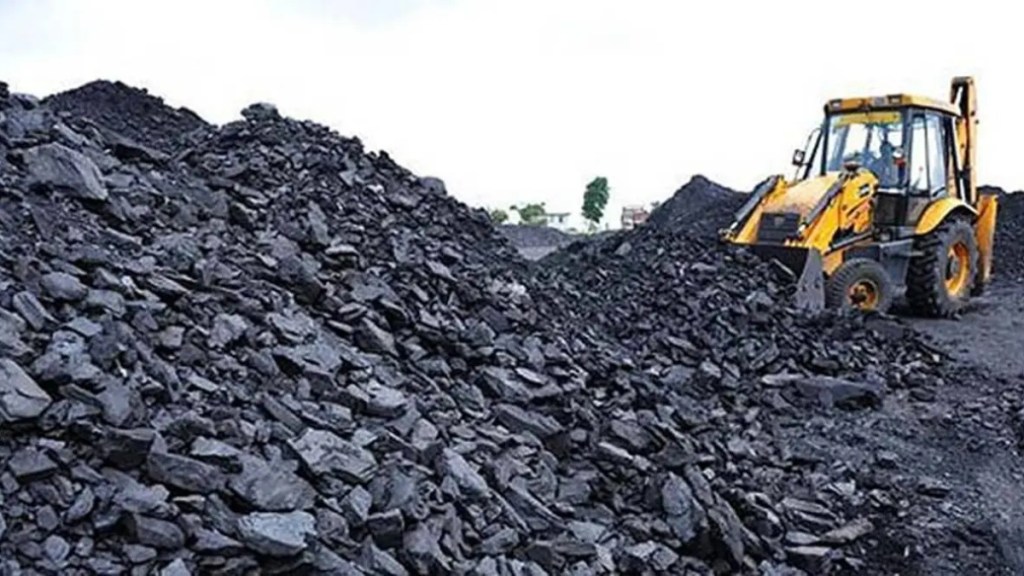The United Nations Secretary-General Antonio Guterres on Friday urged governments to help in reducing fossil fuel based power by regulating, legislating, and putting windfall taxes on industry profits. “I urge governments to help industry make the right choice – by regulating, legislating, putting a fair price on carbon, ending fossil fuel subsidies, and adopting a windfall tax on profits,” he said.In his speech, he also said that the plan to reduce global temperature by 1.5-degree is only possible if we ultimately stop burning all fossil fuels, not reduce, and not abate.
Guterres comments come even amid India’s strict adherence to the climate goals, but also the latest assertion by the country that it had a legitimate space to calibrate the phasing out of fossil fuels or coal-based power. India’s power minister R. K. Singh has repeteadly emphasised that the country will continue to add thermal power capacity in order to meet the rising power demand of the country, while keeping the reneweable capacity pace.
The dialogue at COP28 should be about cutting down emissions, and that it is for the developed countries to cut down emissions first, the power minister had said on Thursday.
“Developed countries are emitting at a faster pace than other countries. It is for developed countries whose per capita emissions are 2-3 times the global average, to cut down emissions first,” the minister had said. “This is the voice of the global south.”
“India was targeting that 50% of energy will come from non-fossil fuels (by now). But that may not happen soon,” said Pramod Agarwal,ex-Chairman and Managing Director of Coal India had earlier said.
The government had earlier asked states to ensure that power plants in their respective regions run at their full capacity. It also said the government plans to add 10,000 MW thermal capacity and 21,000 MW of renewable energy capacity by the end of the current financial year to meet the rising power demand.
“Today we are consuming about 1 billion tonne of coal. Projections are that by 2030, this will rise to 1.3-1.4 billion tonne,” said Partha S Bhattacharya, also a former Chairman of Coal India.

